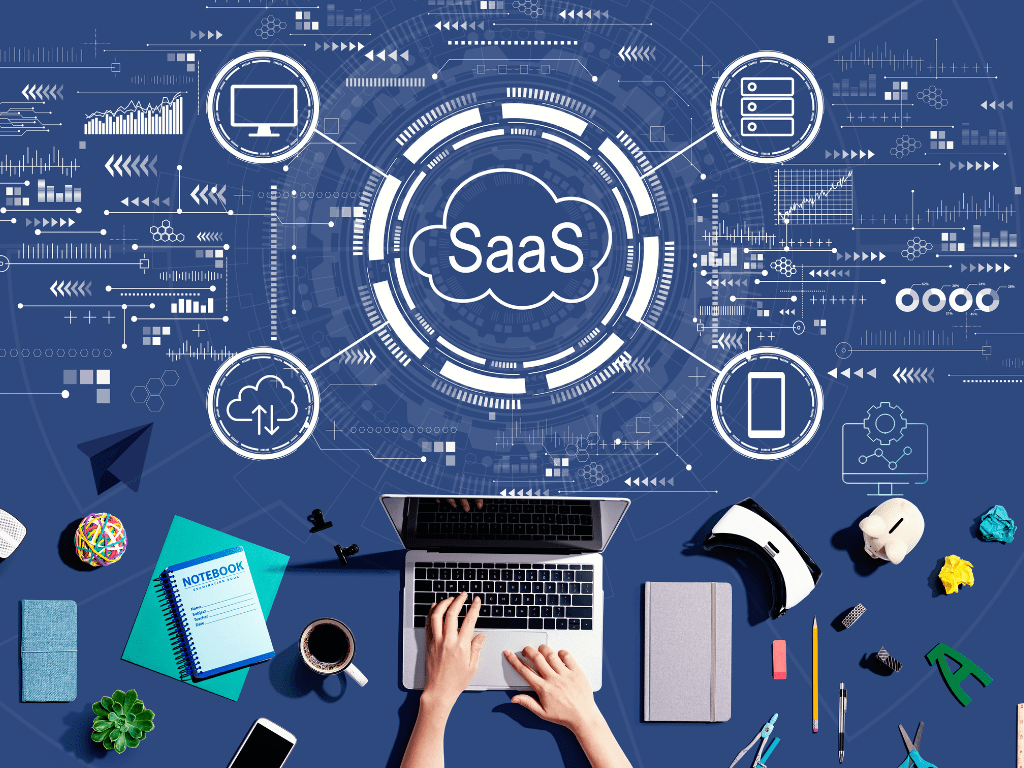
In today’s data-driven world, companies across various industries—healthcare, finance, legal, and more—are handling increasingly sensitive information. With the growing use of chat solutions for customer interactions, businesses must prioritize security when managing sensitive data. Have you ever considered how secure your customer interactions are? Whether you’re handling confidential legal discussions or private medical records, ensuring the integrity of these conversations is critical.
In this article, we’ll dive into the importance of secure chat solutions for sensitive data, key features to consider, and real-life examples of how companies can protect customer privacy.
Why Securing Chat Solutions Is Non-Negotiable
When sensitive data is at play, security breaches can be catastrophic. Imagine a scenario where an unauthorized party gains access to financial information discussed over chat. The potential consequences include data breaches, financial losses, and reputational damage that could cripple a business.
For industries dealing with personal information, confidential records, and financial transactions, a secure chat solution is not just a preference—it’s a requirement. Without the proper safeguards, organizations are vulnerable to compliance violations, breaches, and lawsuits. The stakes are high, but the right chat solution can mitigate these risks.
Key Security Features for Chat Solutions
When selecting or upgrading a chat solution, consider these crucial security features to ensure the protection of sensitive data:
1. End-to-End Encryption
End-to-end encryption ensures that only the sender and the receiver can read the content of the messages. Even if a hacker intercepts the data, it will be unreadable without the encryption keys. This feature is essential when dealing with private financial transactions, healthcare information, or confidential legal discussions.
For example, a law firm using a chat tool to discuss legal strategy with a client must ensure that the chat platform encrypts the data from the moment it is sent until it is received, keeping it secure from prying eyes.
2. Data Anonymization
Data anonymization removes personally identifiable information (PII) from datasets. In chat interactions, anonymizing sensitive data ensures that if the data is accessed without authorization, it cannot be traced back to specific individuals. This adds an extra layer of protection, particularly for industries like healthcare, where patient privacy is paramount.
3. Audit Logs
Audit logs track all interactions and changes within the chat platform. These logs are essential for industries that require compliance with strict data protection regulations, such as GDPR or HIPAA. With audit logs, you can monitor who accessed the data, when, and from where—offering transparency and accountability in every interaction.
Real-Life Example: A Healthcare Provider Adopting Secure Chat
Let’s imagine CareWell Health, a healthcare provider managing sensitive patient data, including medical records and prescriptions. To streamline communication between doctors and patients, CareWell implemented a secure chat solution that includes end-to-end encryption and data anonymization.
Through their chat platform, patients could securely discuss symptoms, ask for medical advice, and schedule appointments—all while knowing their sensitive information was protected. CareWell even enabled audit logs to ensure that any access to patient data was tracked, further boosting patient confidence.
This allowed CareWell to remain HIPAA-compliant, avoid hefty fines, and maintain the trust of their patients, showcasing the power of adopting secure chat solutions.

Compliance and Legal Considerations
Depending on your industry, you may be subject to strict data protection laws, such as GDPR, HIPAA, or PCI DSS. Non-compliance can result in significant financial penalties and legal ramifications. Below are some essential compliance requirements for secure chat solutions:
1. GDPR Compliance
The General Data Protection Regulation (GDPR) applies to businesses operating in the EU or serving EU customers. Under GDPR, personal data must be collected, stored, and processed with the highest level of security. Chat solutions must allow users to request data access and the right to be forgotten. End-to-end encryption, along with data minimization practices, can help businesses stay GDPR-compliant.
2. HIPAA Compliance
Healthcare organizations must ensure their chat solutions comply with HIPAA regulations, which protect patient health information. Secure chat solutions should include access controls, audit trails, and encryption to ensure patient data remains confidential during chat interactions.
3. PCI DSS Compliance
For businesses handling payment information, compliance with the Payment Card Industry Data Security Standard (PCI DSS) is essential. Chat solutions used in e-commerce or financial services should ensure that no payment details are transmitted without encryption and that these solutions meet PCI DSS standards for secure communications.
Enhancing Customer Trust with Secure Chat
Have you ever felt uneasy about sharing personal or financial details during a chat interaction? Customers are increasingly aware of privacy concerns, and many will hesitate to engage if they feel their data is at risk. A secure chat solution builds trust and confidence with your customers, making it more likely they’ll use your services again.
By clearly communicating the security measures you’ve implemented—such as encryption, data anonymization, and compliance with relevant regulations—you reassure customers that their sensitive information is safe. In turn, this leads to stronger customer relationships and brand loyalty.
Best Practices for Implementing Secure Chat Solutions
Implementing a secure chat solution requires more than simply choosing a secure platform. To protect sensitive data effectively, businesses should adopt the following best practices:
1. Employee Training
Make sure your team understands the importance of data security and how to use the chat solution securely. Mismanagement of chat data—such as sharing confidential information with unauthorized parties—can lead to breaches. Regular training on data security protocols ensures compliance across all communication channels.
2. Data Retention Policies
Implement clear data retention policies to ensure sensitive data isn’t stored longer than necessary. For example, sensitive chat logs may need to be deleted after a certain period to comply with data privacy laws or internal policies.
3. Regular Security Audits
Conduct regular security audits of your chat solution to identify vulnerabilities and ensure that your platform remains secure. Address any issues identified during these audits promptly to maintain compliance and protect sensitive information.
Fear Factor: What Happens If You Don’t Secure Your Chat?
Neglecting to implement secure chat solutions for sensitive data can have devastating consequences. Imagine a scenario where a breach occurs, and sensitive customer data is leaked. The financial impact, including regulatory fines and legal fees, could be massive, but even more damaging is the loss of customer trust.
Once a business loses the trust of its customers, it’s nearly impossible to regain it. With competitors offering secure alternatives, customers will quickly turn to businesses that prioritize their privacy and data security.
Table of Contents
Handling sensitive data demands the highest level of care and security. Whether you operate in healthcare, finance, legal, or another data-sensitive industry, implementing secure chat solutions is essential to safeguarding your customer interactions.
By adopting features like end-to-end encryption, audit logs, and data anonymization, you ensure that your business remains compliant with data protection regulations and earns the trust of your customers. In today’s world, protecting sensitive data isn’t optional—it’s a necessity.
Don’t wait until it’s too late. Ensure your chat solutions prioritize security and compliance from day one.






